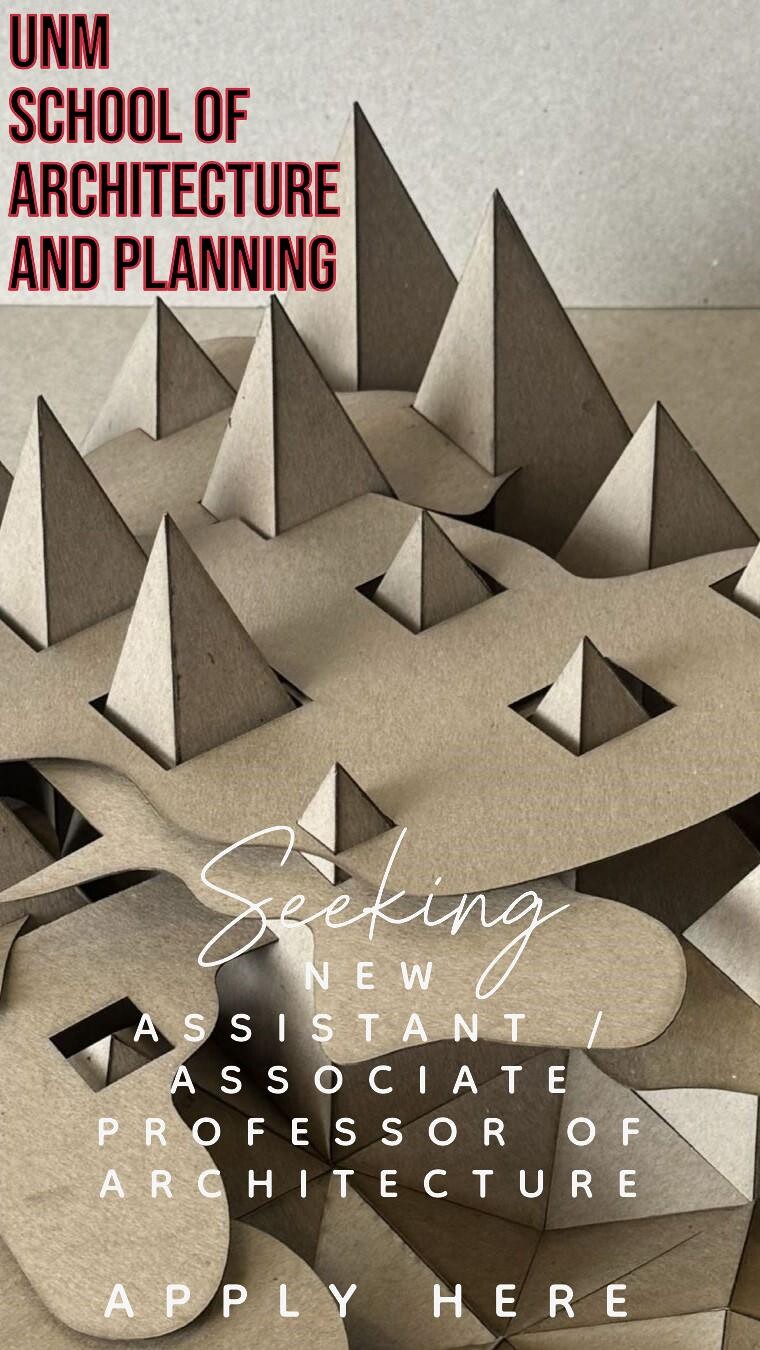Damir Očko
Studies on Shivering: The Third Degree
May 9–November 22, 2015
Opening: Thursday, May 7 at 6pm
Palazzo Pisani S. Marina
Cannaregio, 6103/A
30 121 Venice
Hours: Tuesday–Sunday 10am–6pm
croatianpavilion.damirocko.com
Facebook
Curator: Marc Bembekoff
With Studies on Shivering: The Third Degree, Damir Očko proposes a set of works that enable him to explore different fields of knowledge and experience, in order to create a specific and subjective relation to the world, intertwining both politics and poetics. The questions of the human body and the exploration of the physical realities of the body, as a social or political subject, have been the core of his most recent work.
The project conceived for the Pavilion of Croatia expands the poetics of Damir Očko’s last two films, TK (2014) and The Third Degree (2015). Both films question the social constraints imposed on the body as a physical and social being, while inquiring the underlying norms inherent to our societies. TK consists of an eight-part poem that visually unfolds through a montage of images of shivering bodies and scenes of an old man suffering from Parkinson’s disease. This man tirelessly attempts to write a sentence which begins with; “In Tranquility…” In The Third Degree, one can see a close-up footage of skin scars resulting from third degree burns, surrounded by microtonal sound of a crystal-clear note. Filmed through an installation of broken mirrors that also reflect the crew filming, the texture of the skin becomes almost an abstract element. By including the context of the film set, The Third Degree reveals what is usually hidden from sight and thus integrates the viewer into the artistic development.
If these two films constitute the basis of the project, the display held in Palazzo Pisani S. Marina further develops their issues while expanding in the space through other material. Through equivalences or discrepancies, the component parts of the project interact among themselves to determine the nature and criterion of belonging to a system in relation to its environment. Based on this setting, the exhibition tends to expose an apparent state of tranquility and its underlying violence, and therefore echoes a form of violence brought by the instability between stillness and a lurking pressure. Analyzing and staging the outline of codependence between the artist, the audience and the exhibition, Damir Očko involves the viewers so they could become aware of their role within the artistic process. For if the context informs, it also transforms by making semantic shifts and by showing internal structures of artmaking in order to create a new kind of rhetoric—a mechanism that reinforces our position as both witnesses and actors of today’s complex world.
The term “Third Degree” has a double significance in the English language: it is a way to classify a burn of a very strong degree, but it can also signify a process of extorting a confession under violence. Inspired by such violent interpretations and perspectives, Damir Očko tries to critically, yet poetically, cut through the collective haze that blurs the world’s many realities, and to give rise to alternative methods of understanding. Acting as an extension—or a reader—of the exhibition, a reversed interview has been conducted by the artist with the curator Marc Bembekoff. Here, Damir Očko has striven to deconstruct the conventional process that constitutes the genre, in shifting the traditional roles of the interviewer and the interviewee. By reversing the way questions are usually asked, this upside down questionnaire not only pushes the borders and melts answers and questions, but it also reflects the way in which the entire project has been conceived. While following a circling scheme, this reversed interview reveals more about the artist’s modus operandi as much as his thoughts and views, a reflection determined at the same time by social, political and aesthetic parameters.
A cocktail reception, co-organized by the Pavilion of Croatia, d.c.a. / the French association for the development of centres d’art, Cura. magazine, Tiziana Di Caro Gallery and Fondation d’entreprise Ricard, will be held on May 7 at 7:30pm (Upon invitation only).
The Pavilion of Croatia is financed by the Ministry of Culture of the Republic of Croatia, with additional support from:
“Hrvatska kuća – Croatia House” Foundation
Tiziana Di Caro Gallery, Naples
Press contact: Simone Birač
croatian.pavilion.venice [at] gmail.com


